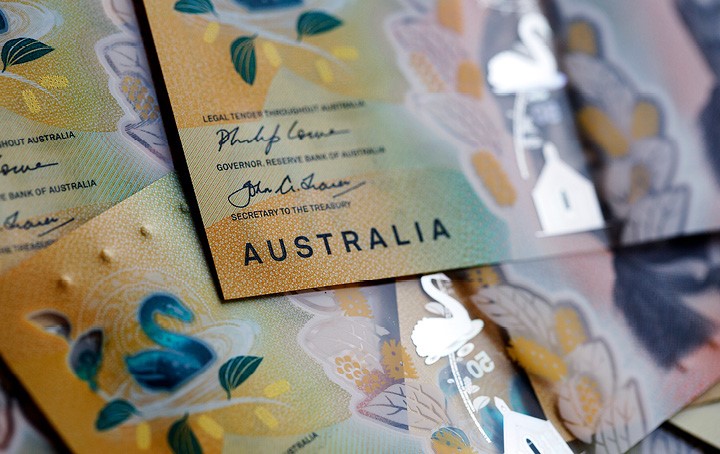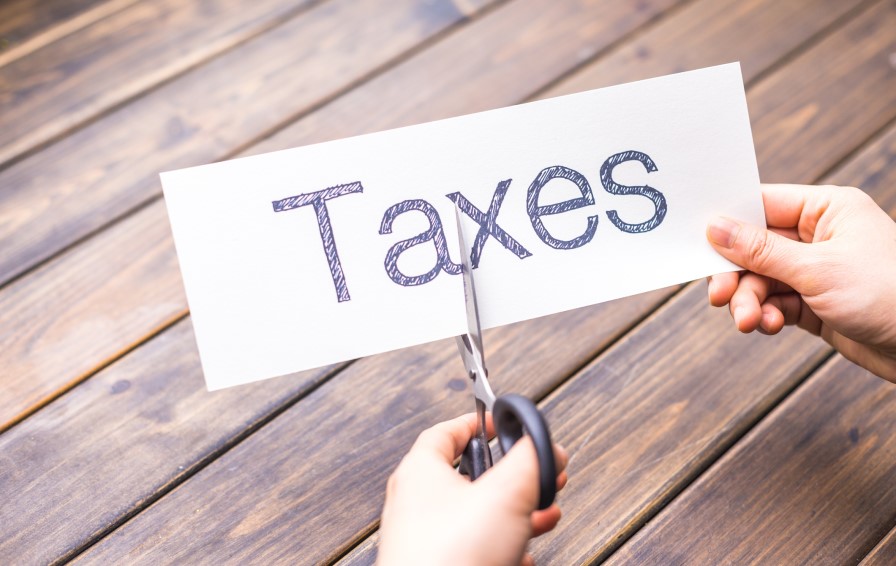Have you considered the powerful tax and superannuation planning opportunities that the small business CGT concessions can offer your business? They allow you to reduce – or sometimes, completely eliminate – the capital gain from the sale of a business asset, whether it’s held directly by your business entity or in another related structure.
The concessions also allow you to make extra super contributions – sometimes up to $1,515,000 – in connection with the sale of business assets. This is an attractive opportunity for many small business owners heading for retirement, given the usually restrictive annual contributions caps.
There are various concessions available, each with their own eligibility rules. However, there are two basic conditions you must meet before you can access any of the concessions.
Business size The first requirement tests whether your business is “small” enough to qualify. There are two alternative tests: a turnover test and a net assets test. The turnover test is met where you carry on a business and have annual “aggregated turnover” under $2 million. This includes not just your business turnover, but also the business turnover of any entities that are “connected” or “affiliated” with you, which broadly means related entities that you control or influence.
What if you, the asset owner, don’t carry on a business but passively hold the asset and it’s used by another of your entities in its business? You can still qualify, provided that entity is sufficiently related to you and it passes the turnover test itself.
The alternative test is the net assets test. You meet this test if your combined net assets (excluding assets like your main residence) and certain assets of your related entities are no more than $6 million in total. Being a “net” assets test, you can subtract the liabilities related to the assets.
Asset requirements The second major requirement is that the capital gain must arise from the sale (or other CGT event) of an “active” asset. This means it must have been used or held in a business carried on by you or one of your related entities for the following time periods: if you owned the asset for 15 years or less – for at least half the ownership period; or if you owned it for more than 15 years – for at least 7.5 years. The small business concessions can provide significant tax and super benefits if implemented correctly.
Contact one of our accountants in North Sydney to begin exploring the concessions for your business.





